Declaration of Paternity - Law Office of Stephen Gassner
Table of Contents
Toggle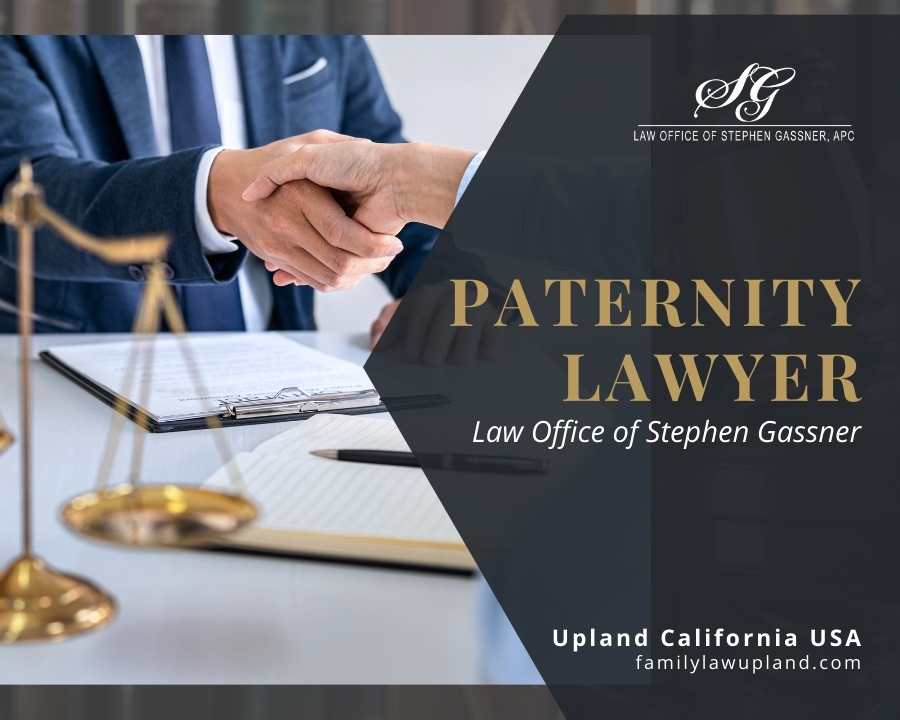
The biological father and the child both need to know who the father is. Declaring paternity in court ensures that the birth father has the same rights and responsibilities as if he were married to the child’s mother. The child can also benefit from getting to know their legal father and building a relationship with them. But you don’t have to go to court all the time. Most of the time, a declaration of paternity is the most accessible and most efficient alternative to prove paternity than going to court. Paternity Lawyer Upland CA
Family law problems can be complex and stressful. If you have questions about establishing or disputing paternity, you need a family law attorney to help you through the legal process and protect your rights. The Law Office of Stephen Gassner is dedicated Paternity Lawyer to assisting clients with a wide range of family law issues in a caring and knowledgeable way and getting good results. We have helped people in Upland, California, and the surrounding area with divorce and family law issues.
What is Paternity?
What is a Paternity Declaration?
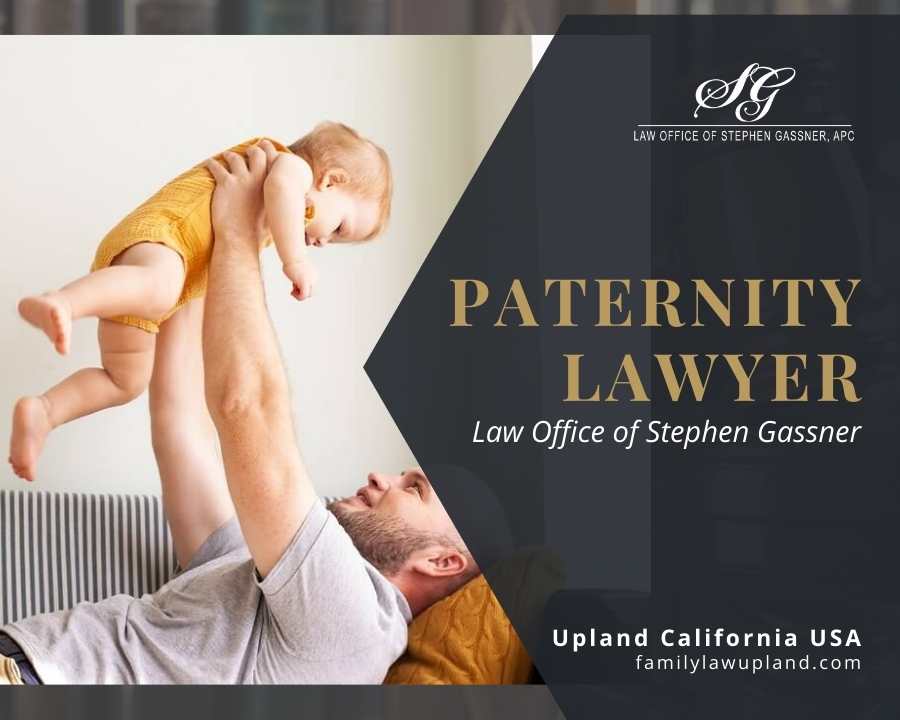
In California, there are two ways to prove paternity. One is to file a petition with the courts, often done when paternity is questioned. Depending on whether or not paternity is in question, the legal process can include a DNA test, a parentage hearing, and a trial. In California, the proceedings can be started by the man who thinks he is the child’s father, the child’s mother, a child support agency, or the child if they are over 12 years old.
But paternity is sometimes questioned. The other way to prove paternity is to sign an affidavit of declaration of paternity outside of court. This paper lets an unmarried man admit that he is the child’s biological father without going to court.
For the declaration to be valid, both parents must sign it. Most of the time, the paternity order is signed at the hospital when the baby is born. However, paternity can also be confirmed through the court system later. Once a father signs a declaration of paternity, he can ask for custody and visitation rights, and he may have to pay child support.
Can You Take Back a Declaration of Paternity?
Suppose a man signs a declaration of paternity affidavit, and it turns out later that he is not the child’s father. In that case, he or the child’s mother can fill out a Voluntary Declaration of Parentage Rescission form. This document gets rid of the paternity declaration. However, the form must be sent to Child Support Services within 60 days of signing the declaration of paternity. This is very important. Even though only one parent has to fill out the form, the other must be told by certified mail.
You can also go to court within two years of filing a declaration of paternity with Child Support Services to question it. But for a judge to agree to take back the declaration, either the mother or father must be able to show that they were forced to sign it under duress or that it was signed because of fraud or mistake.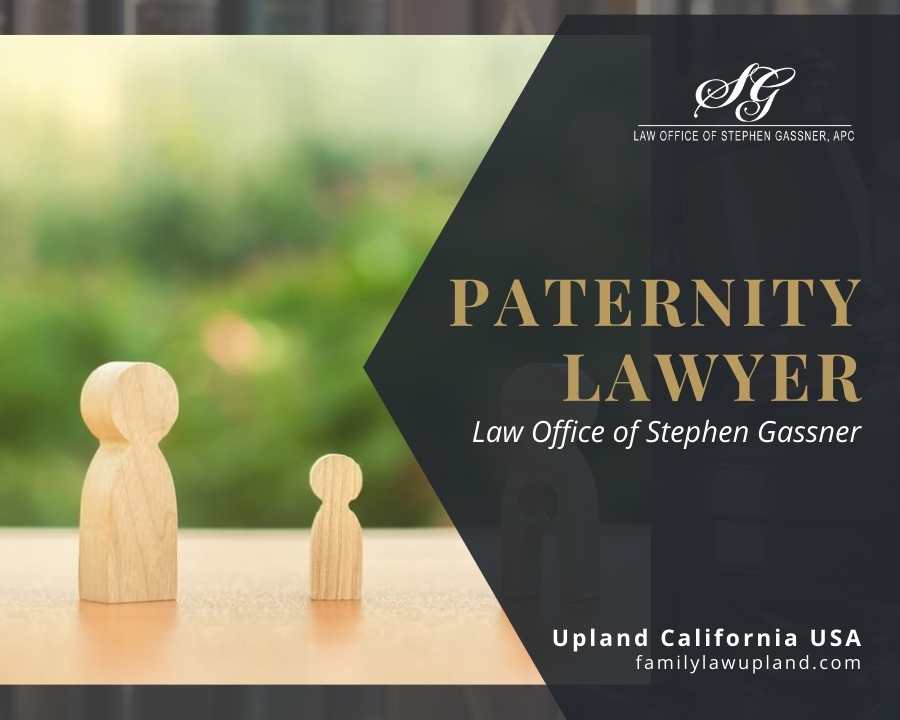
Importance of Knowing Who the Father is?
Establishing paternity is essential for several reasons. First, when paternity is proven, the child’s biological father can fight for custody and have a say in raising the child. He can see the child’s health and school records, sign documents on his behalf, and help make important decisions about the child’s life. Not only that, but paternity lets a father keep in touch with his child. Paternity Lawyer
After paternity has been established, the child may also get the following benefits:
- Financial aid
- Social Security system benefits
- Veterans’ benefits (if available)
- The right to inherit
- Health care coverage
- Insurance for life
When a child knows their biological father, they can get important information about their family’s medical history and possible risks for any health conditions passed down from their parents.
Establishing Paternity in Divorce or Child Support Cases
How to Find Out Who the Parents Are
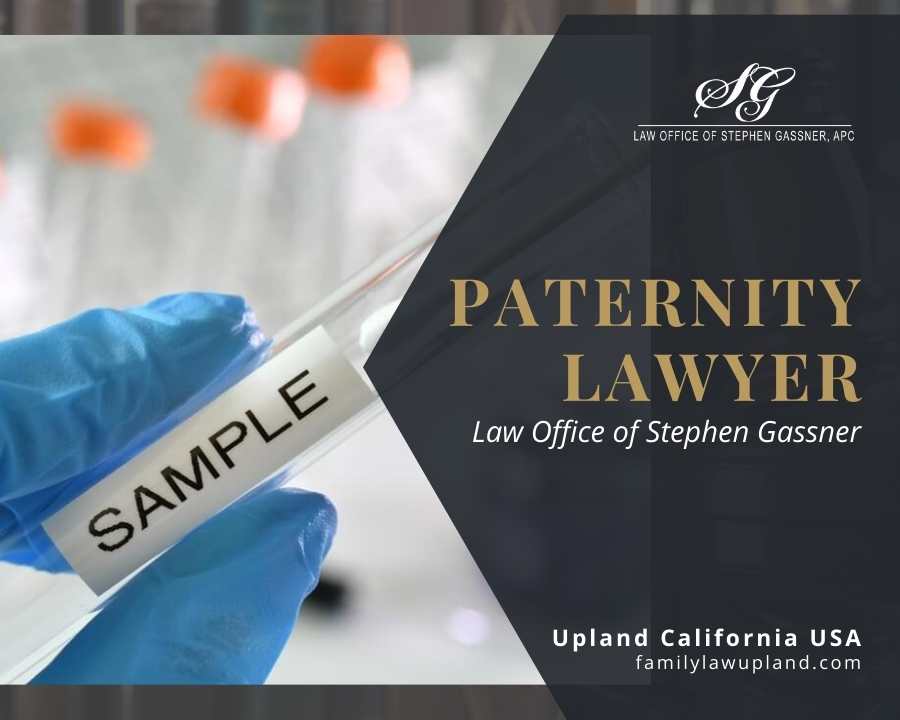
If the alleged father doesn’t admit he is the parent, the court may order genetic testing for the alleged father, the mother, and the child.
Parents of the same gender must also prove parentage if they were not married when the mother got pregnant or when the child was born. For example, if two single women agree to raise a child together and one doesn’t give birth, she’ll have to request a court order to recognize her as the child’s parent. The court could ask the person claiming to be the “other mother” to show that the two wanted her to be the child’s parent. The same would be true if two men wanted to have a child together, and they were both men. They would have to show the judge they wanted to be the child’s parents and act like that.
Once a man or woman is proven to be the parent of a child, they bear all the rights and duties of a parent:
- They will be able to ask the court for custody and visitation orders so that they can legally spend time with their child.
- They will also have to pay child support, half of the children’s uninsured health-care costs, and half of the child-care costs that come up when the custodial parent gets a job or goes to school.
- In some cases, a court in California may decide that a child has more than two parents. This is usually done when the child would suffer if the other parent weren’t legally recognized.

Why it's Important to Find Out Who a Child's Parents Are
A child needs to know who their parents are. First, the child feels better about themselves when they know who both parents are. And from a legal point of view, it gives the child the same rights and privileges as a child whose parents are married.
These rights and privileges under the law are:
- Help with money from both parents; Legal proof of who both parents are;
- Access to the medical history and records of one’s family;
- From either parent, health and life insurance;
- Social Security and veteran’s benefits, if they are available.
- The right to inherit from either parent.
Ways to Prove Parenthood
There are two main ways to prove parenthood:
- You are getting a court order OR signing a voluntary declaration of parentage or paternity. You may ask for the help of the Local Child Support Agency.
- A California government form called a “voluntary declaration of parentage or paternity” is signed by both parents to make them the child’s legal parents. The form must be signed by someone who wants to. No one can force either person to sign the form against their will. A declaration of parentage or paternity is to make it official and legal who the child’s parents are when they are not married.
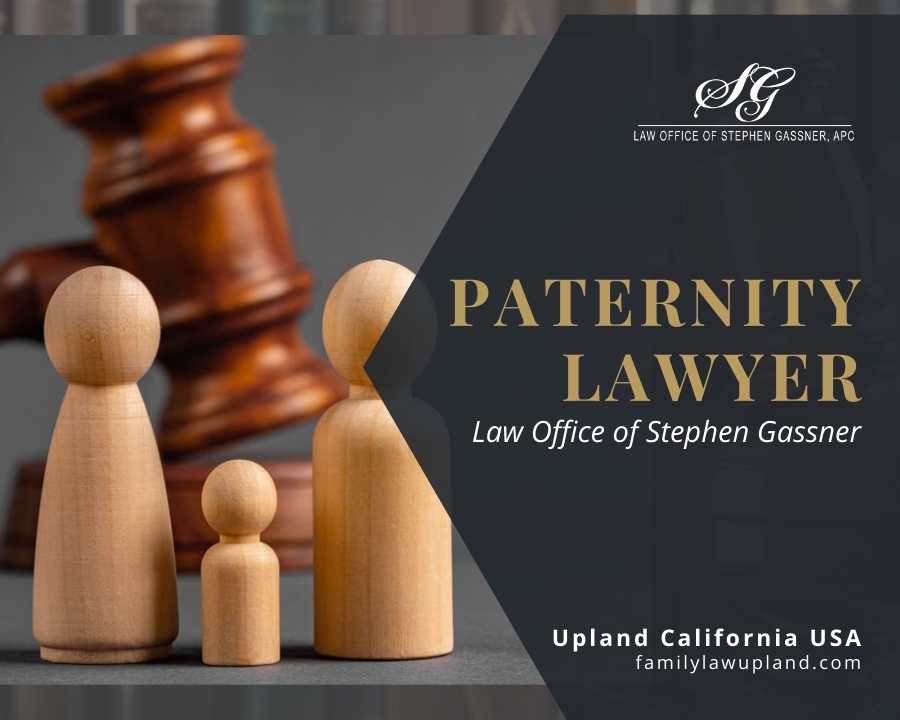
Parentage Disputes and Genetic Testing
Learn More About: Divorce – The Law Office of Stephen Gassner
Divorce
Frequently Asked Questions
-
Does Signing a Birth Certificate Establish Paternity in California?
Signing a birth certificate does not establish paternity in California. However, in the eyes of the law, a child born to a married couple is legitimate. -
Can You Put a Father’s Name on a Birth Certificate Without Him Present in California?
To put a father’s name on the birth certificate, you must get a court order of adjudication from the Superior Court. -
Does a Father Have More Rights if His Name is on the Birth Certificate?
When the father is named on the birth certificate, he gets rights to the child. Parental responsibility is the name for these rights. If the father’s name isn’t on the birth certificate, he won’t automatically become responsible for the child.
Your Certified Family Law Specialist in California Paternity Lawyer
The experienced divorce attorney at the Law Office of Stephen Gassner represents fathers in divorce cases smartly and aggressively. We are a group of talented Paternity Lawyer who put growth and success first in all aspects of our lives. Together, we make sure that our clients get the kind of legal paternity lawyer help we would want for ourselves.
Looking for a Family Law Attorney in California, USA? Look no further the Law Office of Stephen Gassner can help you with different family law issues, including divorce, property division, paternity , child custody and support, spousal support, visitation rights, and property division including the complex division of business property. We serve in the following areas of California, USA.
Family Law in Chino Hills, CA
Family Law Claremont, CA
Family Law in Eastvale, CA
Family Law in Fontana, CA
Family Law in Ontario, CA
Family Law in Rancho Cucamonga, CA
Family Law in Upland, CA
Need Legal Paternity Lawyer Advice on Legal Paternity?
Or contact the Law Office of Stephen Gassner for Paternity Lawyer inquiries
At (909) 937-7000 Now!
324 N Mountain Ave, Upland, CA 91786, United States
(909) 937-7000

